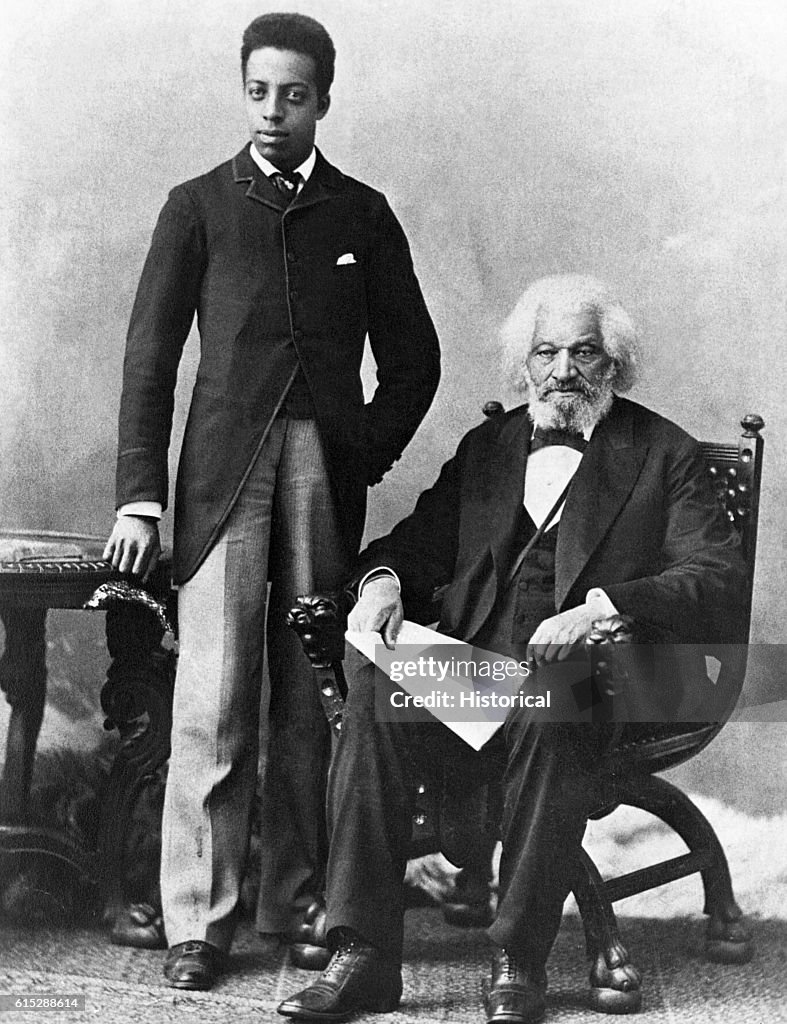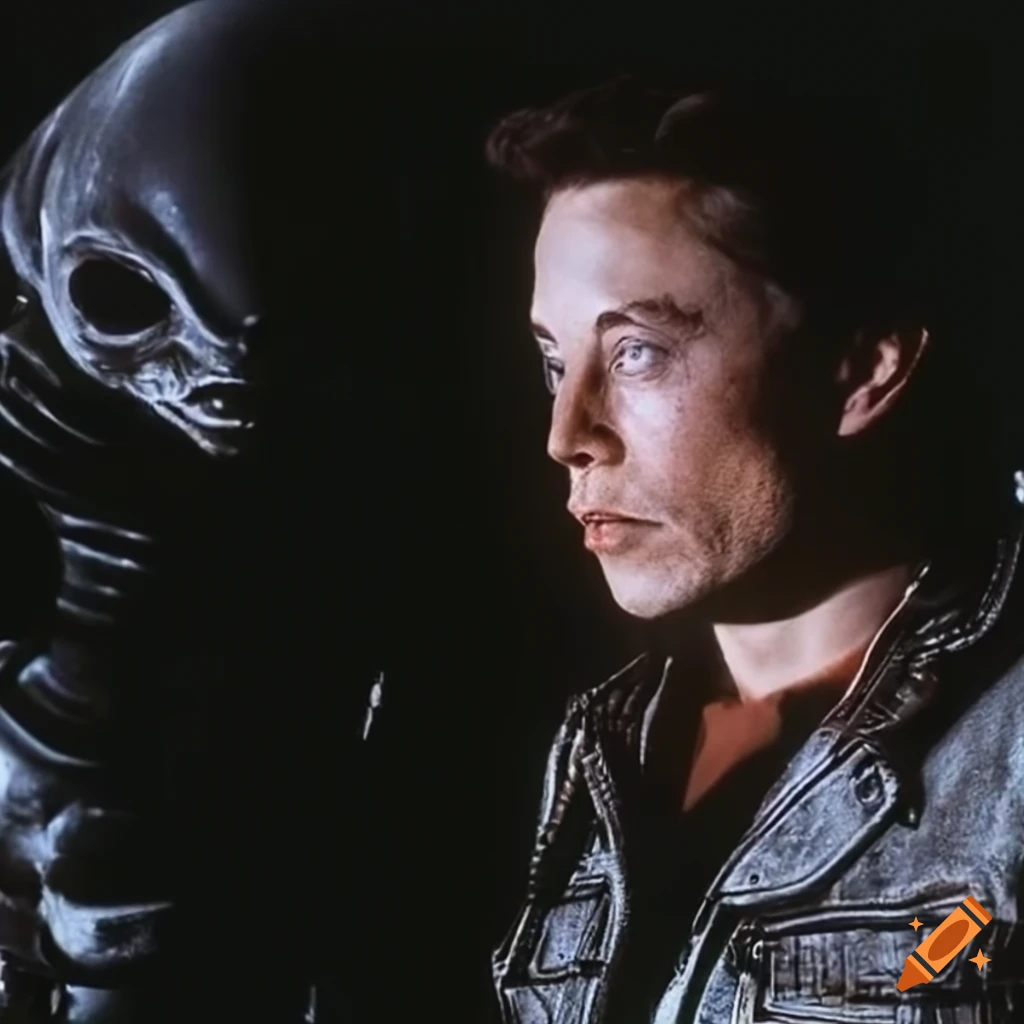Elon Musk’s unexpected visit to China last week after canceling his visit to India showed that for Tesla, China is still a particularly important market.
Within a week of postponing his visit to India, Tesla CEO Elon Musk landed in Beijing and reached an agreement with Chinese tech giant Baidu to promote fully self-driving (FSD) vehicles. The trip underscores China’s importance in the global supply chain for the world’s largest electric vehicle maker.
These are the reasons why China remains extremely important to Tesla.
China dominates battery production
China accounts for more than half of global electric vehicle (EV) sales, largely due to its near dominance in electric vehicle battery production. Reuters reported that on a recent visit to China, Elon Musk met Robin Zeng, president of Chinese battery giant Contemporary Amperex Technology Co Limited (CATL). CATL accounts for two-thirds of global battery production and is a supplier to Tesla as well as other major automakers such as Volkswagen AG and Toyota Motor Corp.
Tesla’s largest factory is in Shanghai
When it comes to electric vehicle production, China is far ahead of the US and Europe and is now Tesla’s main growth driver. Elon Musk’s electric car company opened its largest manufacturing facility in Shanghai in 2018 after China’s new policy allowed foreign automakers to establish wholly owned subsidiaries. all of them in this country.
The Shanghai factory alone produces more than 1 million Tesla Model 3 and Model Y vehicles each year. Tesla’s first factory outside the US also supplies cars to New Zealand, Australia and Europe.
India’s electric vehicle market is still young
The global transition from internal combustion engine vehicles to electric vehicles offers great opportunities for new entrants like India. However, India still depends on importing batteries from elsewhere and the country’s electric vehicle supply chain is not synchronized.
Realizing the booming demand for batteries, India is boosting battery production through a production-linked incentive (PLI) scheme for advanced chemistry cell (ACC) battery storage. ACC is an important component of lithium-ion batteries. The National Institute for Transforming India (Niti Ayog) said India has the opportunity to capture a large share of the global market and could account for up to 13% of global battery demand by 2030.
Regulatory changes to India’s electric vehicle policy
India’s electric vehicle policy was released last month after years of delay. In 2018, then Niti Aayog Director Amitabh Kant had said that there was no need for an electric vehicle policy and that technology should not be constrained by rules and regulations.
In 2018-19, India increased customs duties on domestically assembled motor vehicles, cars, and motorcycles with 100% of components imported from 10% to 15%, making automakers global response. Last month, when India issued its electric vehicle policy, the country reduced taxes on completely built-up (CBU) cars along with a requirement forcing manufacturers to invest in factories worth at least $500 million USD in the country. This.
Opportunities are still open for India
Despite China’s dominance in the electric vehicle supply chain, its exports are increasingly under scrutiny in Europe and the US, creating opportunities for India.
The European Commission last October opened an anti-subsidy investigation into battery electric vehicle (BEV) imports from China. According to the EC, the investigation will first determine whether the BEV value chain in China benefited from illegal subsidies and whether this subsidy caused economic losses to EV manufacturers in the EU or not.
“Based on the results of the investigation, the Commission will determine whether addressing the impact of unfair trade practices resulting from the imposition of anti-subsidy duties on electric vehicles imported from China is effective,” the EC said. Is it beneficial for the EU or not?
Meanwhile, US Secretary of Commerce Gina Raimondo also warned that Chinese electric vehicles are a threat to US automakers.






